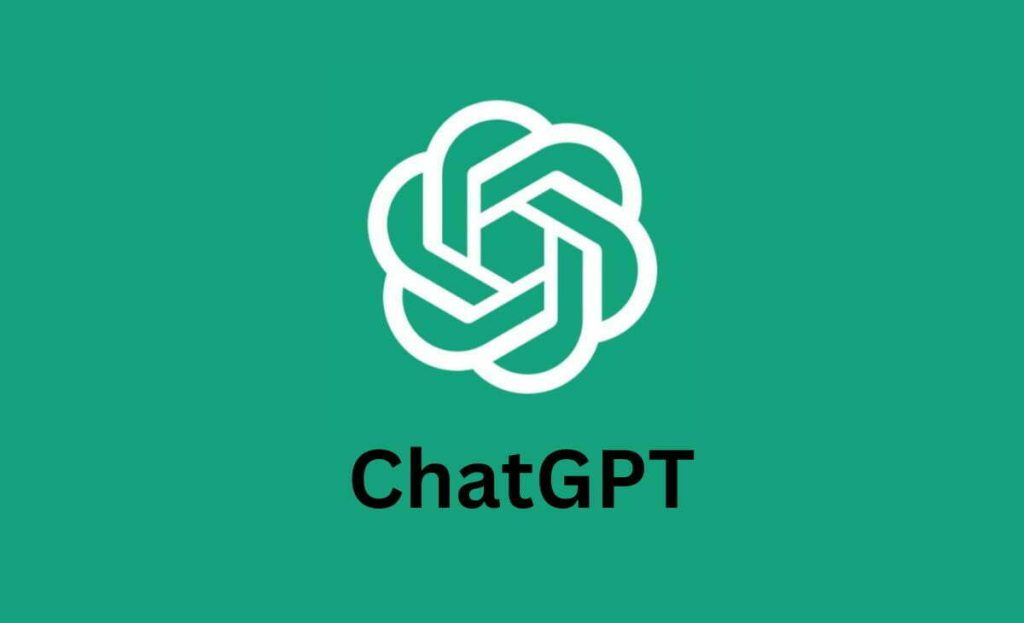
































Concerns over digital security have intensified after reports revealed that OpenAI's ChatGPT has been used to generate fake identification cards.
The incident follows the recent introduction of a popular Ghibli-style feature, which led to a sharp rise in usage and viral image generation across social platforms.
Among the fakes circulating online were forged versions of India's Aadhaar ID, created with fabricated names, photos, and even QR codes.
While the Ghibli release helped push ChatGPT past 150 million active users, the tool's advanced capabilities have now drawn criticism.
Some users demonstrated how the AI could replicate Aadhaar and PAN cards with surprising accuracy, even using images of well-known figures like OpenAI CEO Sam Altman and Tesla's Elon Musk. The ease with which these near-perfect replicas were produced has raised alarms about identity theft and fraud.
The emergence of AI-generated IDs has reignited calls for clearer AI regulation and transparency. Critics are questioning how AI systems have access to the formatting of official documents, with accusations that sensitive datasets may be feeding model development.
As generative AI continues to evolve, pressure is mounting on both developers and regulators to address the growing risk of misuse.
 Tags chauds:
Intelligence artificielle
Politique de contenu
Protection des consommateurs
Tags chauds:
Intelligence artificielle
Politique de contenu
Protection des consommateurs